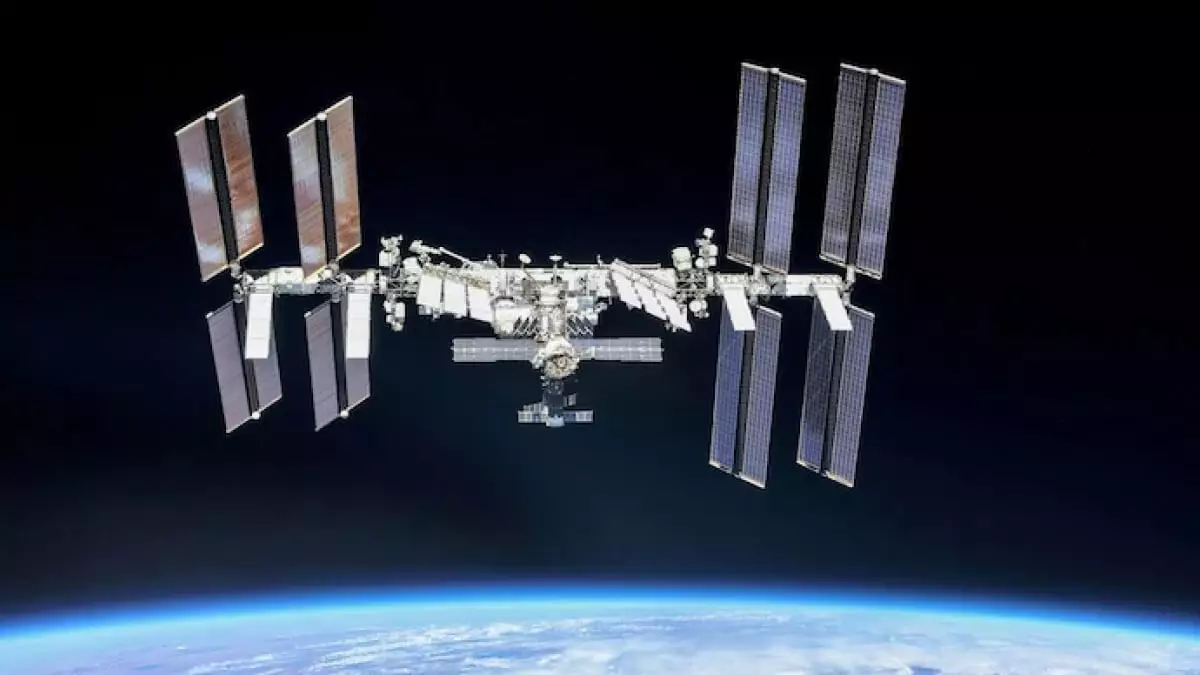On November 23, an unusual situation unfolded aboard the International Space Station (ISS) as crew members detected an unexpected smell upon accessing the recently docked Russian Progress MS-29 cargo spacecraft. This incident prompted immediate action and heightened concerns for the safety of the astronauts onboard. The smell, described by NASA astronaut Don Pettit as akin to “spray paint,” could potentially indicate contamination within the ISS’s environment, necessitating the swift implementation of decontamination protocols.
Upon noticing the odour and visible droplets within the Progress spacecraft, the ISS crew took precautionary measures by sealing off the affected area. Communication via X (formerly Twitter) informed the public of the situation and the subsequent decontamination procedures activated by both NASA and Roscosmos. Each agency responded with specific air purification actions; NASA activated its Trace Contaminant Control Subassembly (TCCS), while the Russian segment employed additional filtration systems to enhance air quality.
The implementation of personal protective equipment (PPE) was another crucial step taken by the crew, as they prioritized safety while monitoring the situation. This thorough response underscores the diligent safety protocols that govern operations aboard the ISS. Flight controllers monitored the environmental sensors diligently, allowing them to provide timely updates on the air quality aboard the station.
Just a day after the initial incident, on November 24, flight controllers were able to confirm that air quality aboard the ISS had returned to acceptable levels. This affirmation was essential for the crew to feel secure enough to reopen the hatch that connected the Poisk module to the Progress spacecraft without fear of adverse effects. Importantly, throughout the episode, no significant safety threats to the crew have been reported, allowing normal operations to resume.
The Progress MS-29 cargo spacecraft, part of a routine resupply mission, had successfully launched from Baikonur Cosmodrome on November 21, delivering vital supplies, including food and fuel, to the ISS. It is designed to remain docked for approximately six months, after which it will return to Earth carrying waste materials. The efficient management and corrective actions taken during this incident exemplify the preparedness and resilience of the ISS crew.
Ongoing Investigations and Future Precautions
While the source of the odour remains undetermined, NASA and Roscosmos have both committed to an ongoing investigation to uncover the cause and implement any necessary preventative measures. This incident highlights the importance of continual monitoring in the unique environment of space, where even seemingly minor anomalies can lead to significant concerns about crew safety and system integrity.
Overall, the ISS’s operational continuity post-incident is a testament to the effectiveness of established safety protocols and the agility of the crew in responding to unexpected challenges. Future updates and findings from the investigations will likely provide further insights into the event, reinforcing the commitment to safety in space exploration.



Leave a Reply